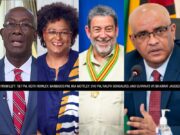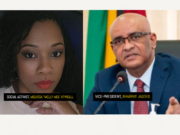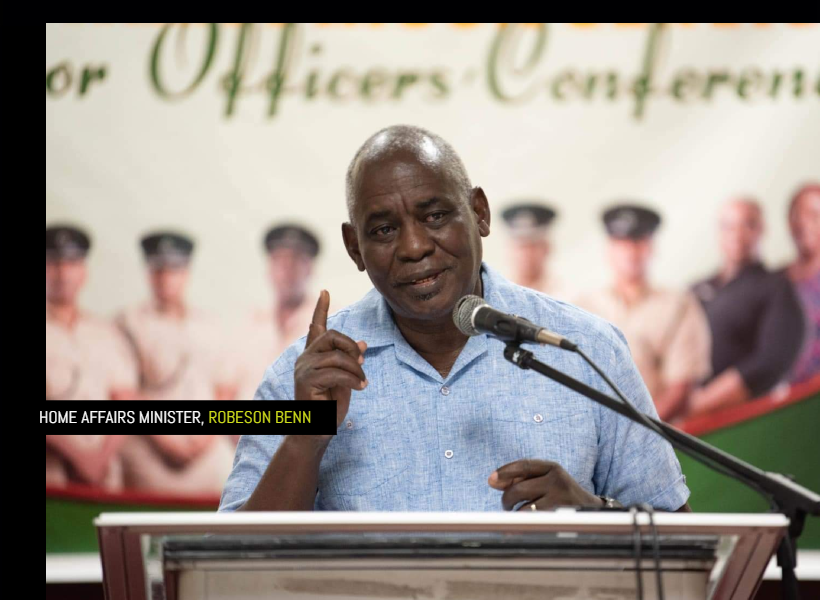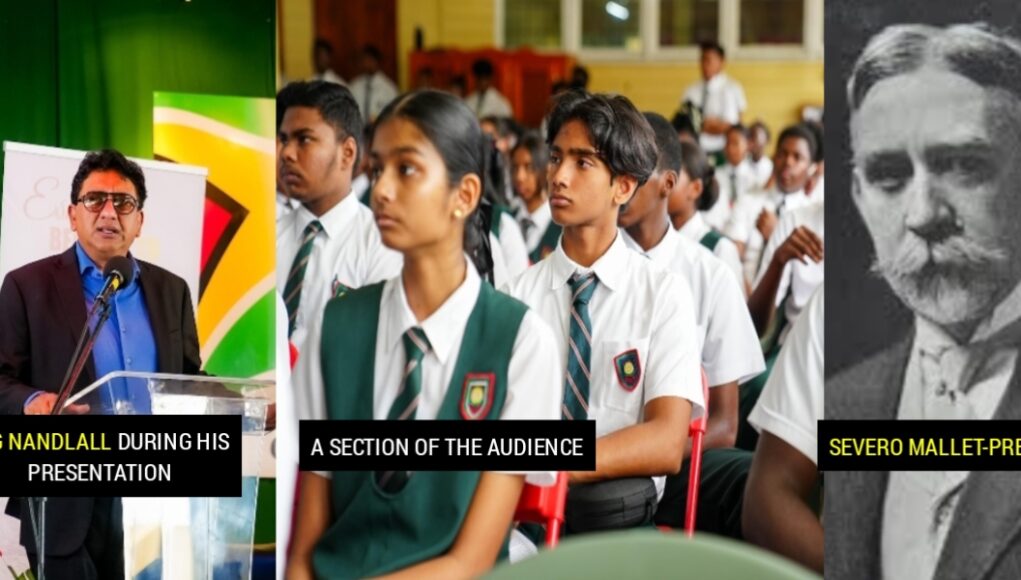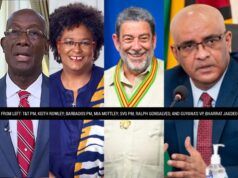While Venezuela’s claim over Guyana’s mineral-rich Essequibo is preposterous on several grounds, perhaps the most outrageous premise is its connection to “a dead man’s tale” says Attorney General and Minister of Legal Affairs, Anil Nandall.
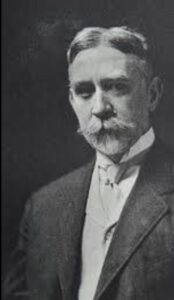
During his participation in a panel discussion and awareness session at the Bishops’ High School on Friday, Nandlall highlighted the point at which Venezuela created a “boogie man” to distract its people from the irrefutable fact that its boundary with Guyana was settled 124 years ago.
When the 1899 Arbitral Award was handed down, delineating the Essequibo region stretching 59,500 km2 as part of Guyana’s territory, Venezuela showed due respect and obedience to its merits for 60 years. In fact, Nandlall said the Venezuela government at that time, celebrated the award for through it, it successfully amassed territory that was five times the size of what is now known as Guyana.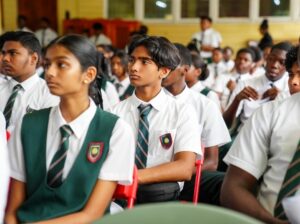
Nandlall noted however that the first objection to the award came when Guyana applied to be an independent state in 1961.
“Events begun to change when in 1960, the General Assembly of the United Nations passed a resolution that called on colonial powers to recognize and grant independence to those nations under their control. That caused the Premier at the time, the late Dr. Cheddi Jagan, to write to the General Assembly in 1961 to request independence for British Guiana,” Nandlall said. It was at this point he said, Venezuela for the first time, formally lodged a complaint with the US States Department which was transmitted same to the UN General Assembly.
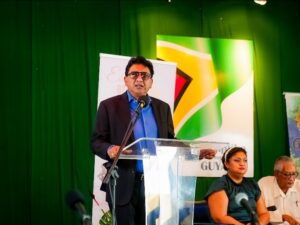
Nandlall said the UN was informed that Venezuela was in possession of a troubling letter from Severo Mallet-Prevost, a junior American lawyer who was on Venezuela’s side during the 1899 arbitration. That lawyer had written a letter alleging corruption at the tribunal. Interestingly, that letter was written in 1944. This was after he was awarded the Order of the Liberator by the Venezuelan government. Strangely, he instructed in his will that his damning letter of alleged corruption should only be read and made public knowledge after his death which was in 1948.
“…So it was some James Bond kind of conspiracy theory,” Nandlall said, adding that Venezuela never produced that document in 65 years since making the claim of its existence.
“…You know, we have a saying in Guyana, dead men tell no tales. Well, that was one dead man who was telling a tale…HBO used to show a series called Tales from the Crypt, and it reminds me of that,” Nandlall said.
He further noted that when Venezuela raised its claim of having this letter in its possession, the United Nations thought it prudent to create a mechanism that would allow for that controversial statement to be proven. This Nandlall said, led to the birth of the 1966 Geneva Agreement.
“That agreement never intended that this border issue must be reopened…It was an avenue to allow Venezuela to present the evidence on the controversy it created on the matter,” Nandlall said.
While Guyana became a party to the Geneva Agreement upon gaining independence in 1966, that very document outlined that a period of four years would be granted for a Mixed Commission to hear the matter and arrive at a solution to the controversy. Since this was not achieved, the agreement also contained a clause that allowed for both parties to choose an international organ to settle the case. Failing to reach consensus on that front, the agreement also states that the next recourse is referring the matter to the Secretary General (SG) of the United Nations.
Even with enhanced mediation led by the SG, no progress was made and so the matter was referred to the International Court of Justice (ICJ).
As Guyana awaits the outcome of the ICJ process, the oil-rich country is now witnessing the highest escalation by Venezuela to date to detract from the legal process and enforce unilateral actions to seize the Essequibo region. Guyana has since applied to the ICJ for protective measures against such actions Venezuela may take on the grounds of a December 3 referendum. A decision by the ICJ should be handed down before then.
